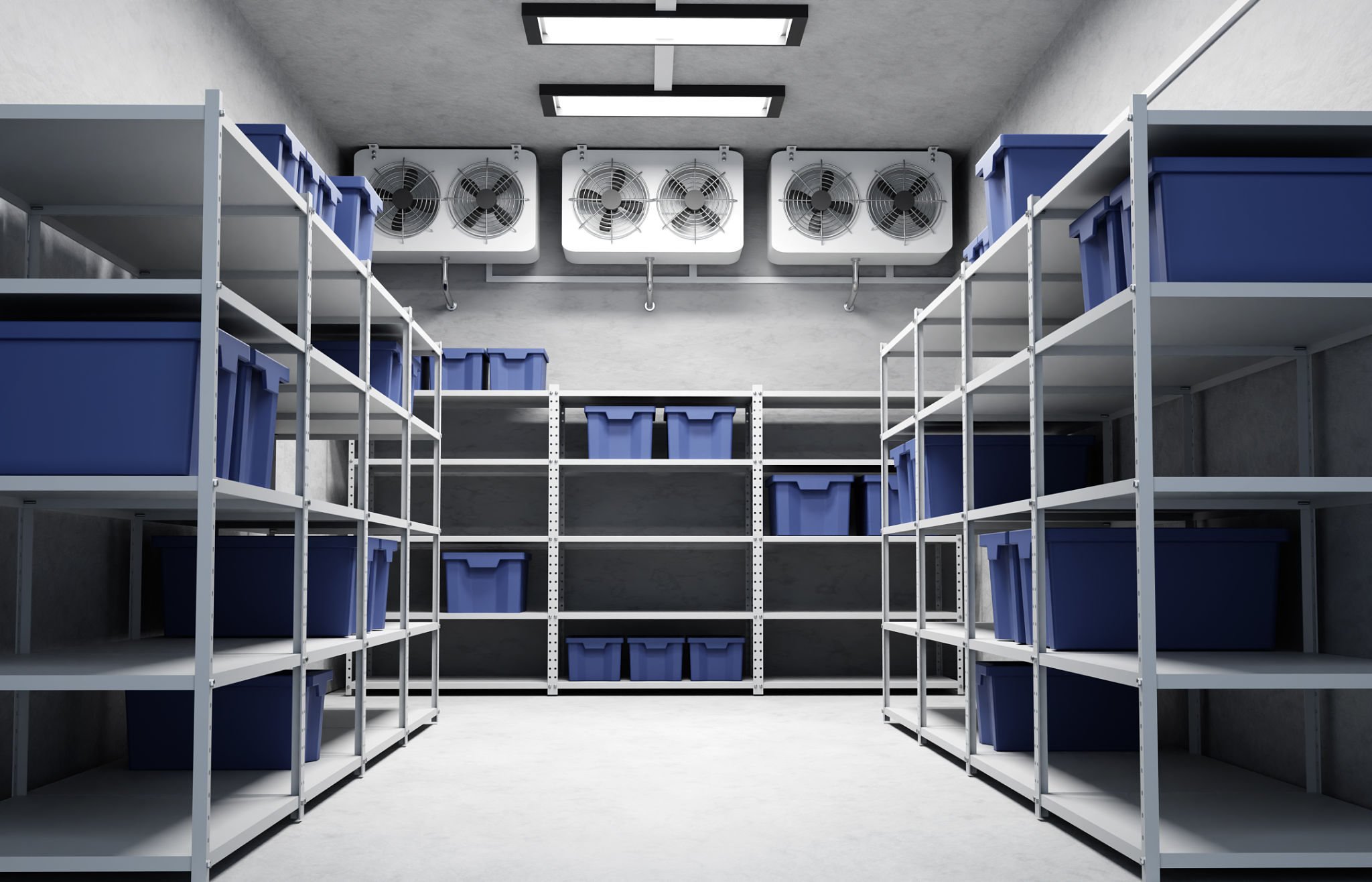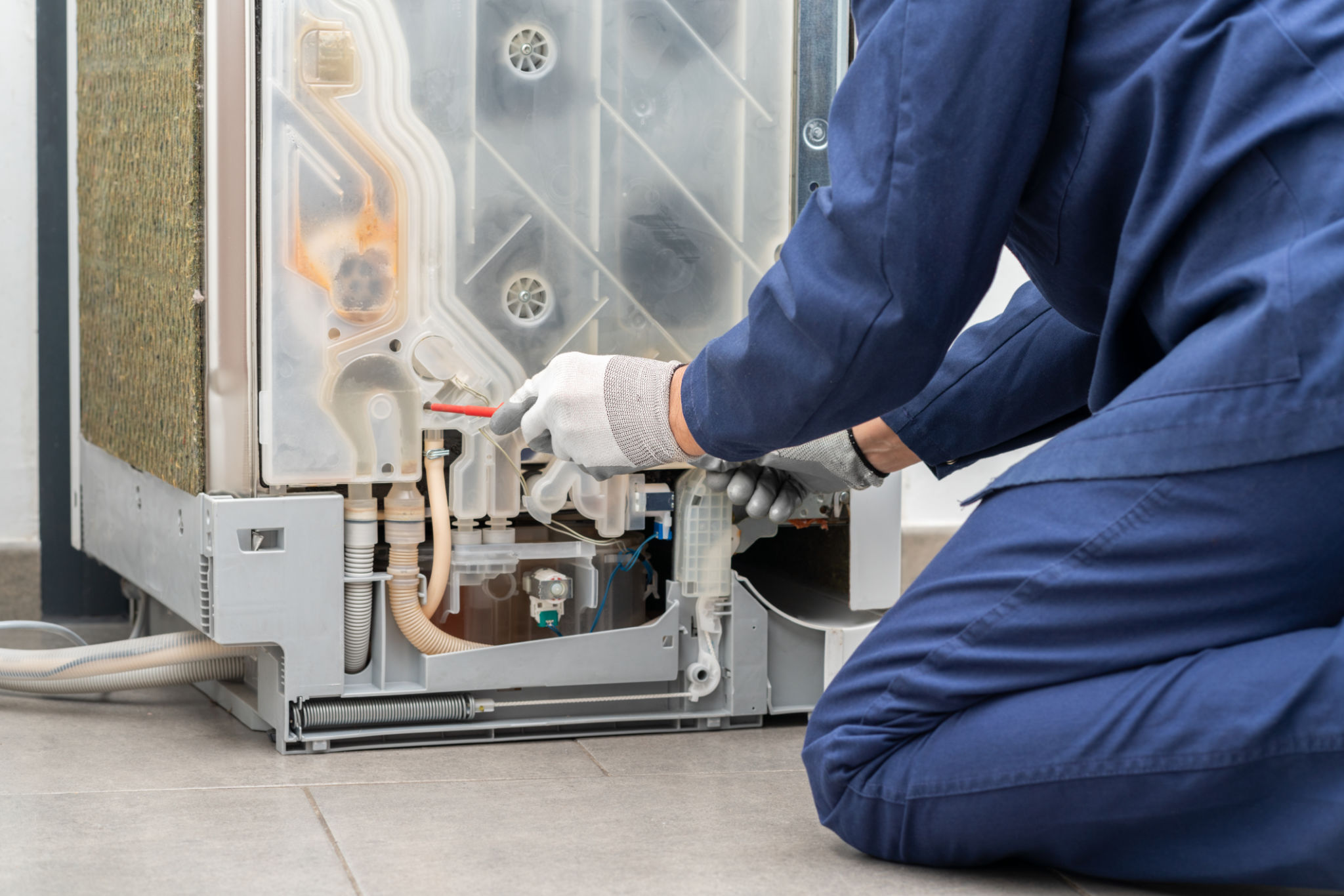Top 5 Common Issues with Restaurant Freezers and How to Solve Them
Understanding the Importance of Restaurant Freezers
In the bustling world of restaurants, maintaining the correct temperature in freezers is crucial for preserving food quality and ensuring safety. However, like any other equipment, restaurant freezers can encounter issues that disrupt daily operations. Understanding these common problems and knowing how to solve them can make a significant difference in maintaining efficiency.

Issue 1: Inconsistent Temperature
An inconsistent temperature is one of the most frequent issues with restaurant freezers. This can lead to food spoilage and increased energy consumption. The primary causes can be a faulty thermostat, poor insulation, or blocked vents.
Solutions
- Check the Thermostat: Ensure that the thermostat is set correctly and is functioning properly. Replace it if necessary.
- Inspect Insulation: Examine the door seals for any gaps or wear and replace them to maintain proper insulation.
- Clear Vents: Regularly clean the vents to ensure proper airflow within the freezer.
Issue 2: Frost Buildup
Frost accumulation inside a freezer can reduce its efficiency and storage space. Frost can form due to high humidity levels or frequent door openings.
Solutions
- Reduce Humidity: Use a dehumidifier in areas with high moisture levels to minimize frost buildup.
- Limit Door Openings: Train staff to open freezer doors only when necessary and to close them promptly.

Issue 3: Strange Noises
Noises coming from a freezer can indicate underlying mechanical issues. These sounds may result from a malfunctioning fan, compressor problems, or loose components.
Solutions
- Inspect the Fan: Listen for unusual sounds and check the fan for obstructions or damage.
- Check the Compressor: If the noise persists, have a professional inspect and service the compressor.
- Tighten Components: Ensure all screws and components are securely fastened to prevent rattling noises.

Issue 4: Water Leaks
Water leaks from a freezer can be indicative of blocked defrost drains or damaged door seals. This issue not only affects freezer efficiency but can also create hazardous working conditions.
Solutions
- Clear Defrost Drains: Regularly check and clean defrost drains to prevent blockages.
- Replace Door Seals: Examine seals for cracks or damage and replace them to prevent moisture ingress.
Issue 5: Power Failures
A sudden power failure can lead to food spoilage and financial loss. It's essential to have a plan in place for such emergencies.
Solutions
- Install Backup Power: Consider investing in a generator or UPS system to ensure continuity during power outages.
- Regular Maintenance: Schedule regular maintenance checks to ensure all electrical components are in good working order.
Tackling these common issues with restaurant freezers proactively can save time, reduce costs, and enhance overall operational efficiency. By implementing regular maintenance routines and training staff appropriately, restaurant owners can ensure their freezers run smoothly, keeping food safe and customers happy.
